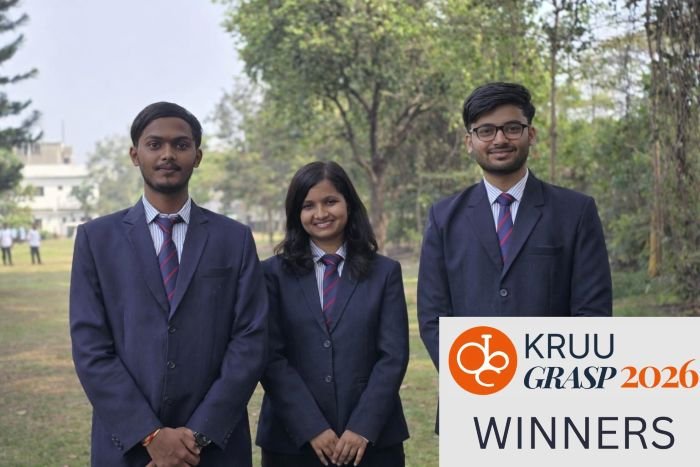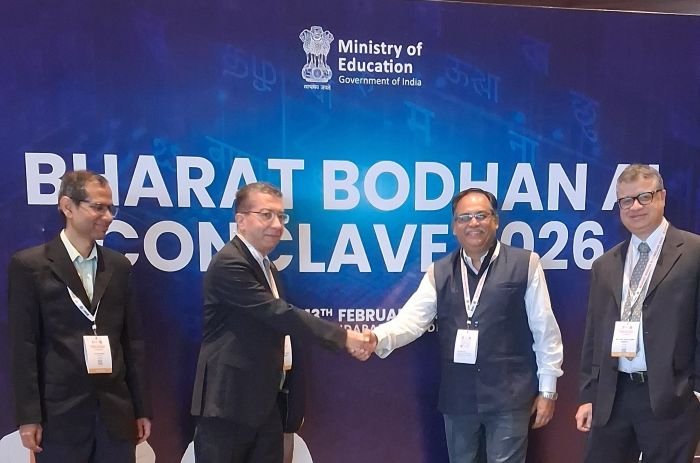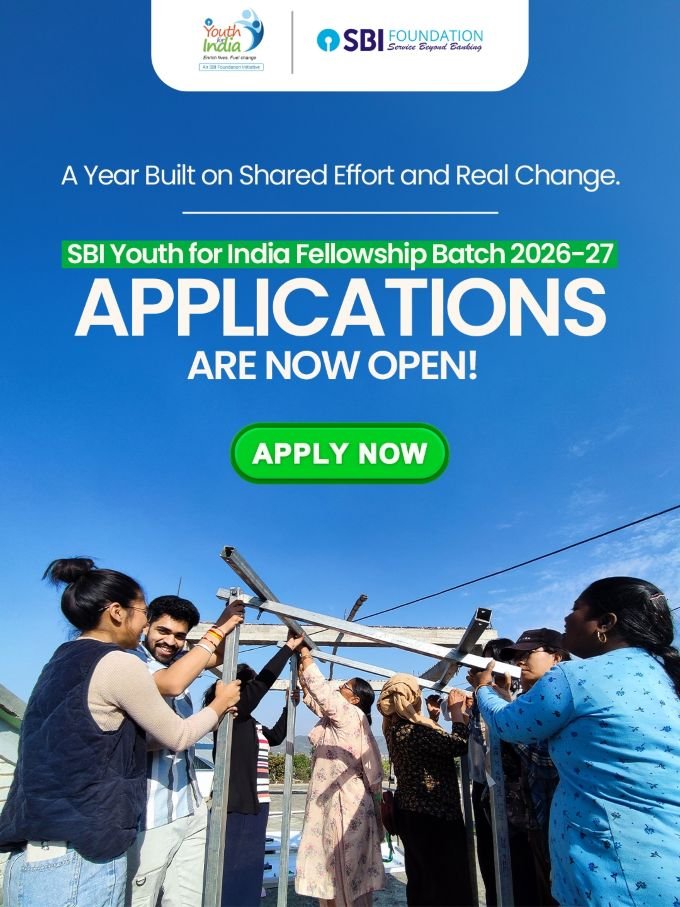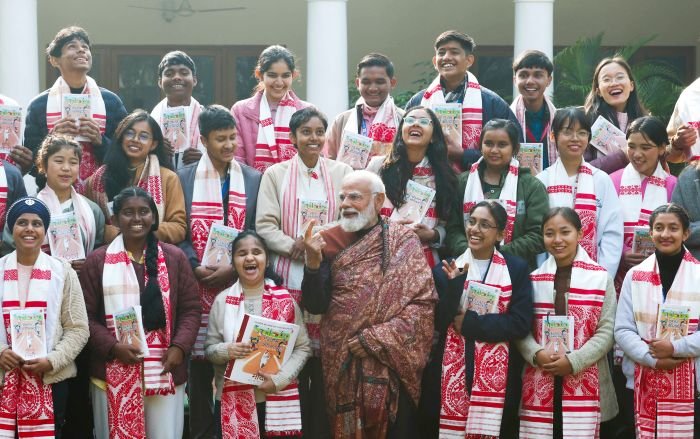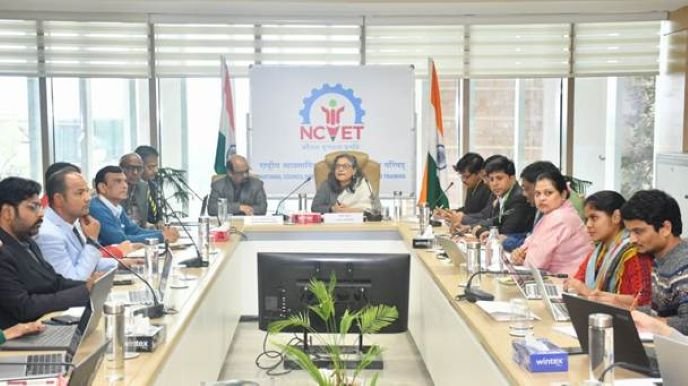
The All India Council for Technical Education (AICTE) has announced that it has extended its moratorium for establishing new engineering institutes up to two years with certain exceptions.
The following are the exception under which moratorium for establishing new engineering institutes was extended up to two years:
- State Government proposal to start new Polytechnic in Conventional / Emerging / Multidisciplinary / Vocational areas including PPP mode shall be considered.
- Any Industry having a minimum annual turnover of ₹5000 Cr (in preceding 3 years) registered as Trust/Society/Company established under Section 8 of the Company Act, 2013.
- Philanthropical organizations existing for more than 25 years and running other educational institutes having minimum enrolment of 10,000 students having NIRF (if applicable) Ranking within 100 in the preceding year.
The decision was announced at the Approval Process Handbook 2022-23 release event Chairman AICTE, Prof. Anil Sahasrabudhe. An exhaustive presentation was made by Prof. Rajendra B. Kakde on the major changes and new additions of provisions/ norms in the Approval Process Handbook 2022-23.
“It is pertinent to mention that in the previous academic year the Council took a step forward to diminish the subject barrier by including total of 14 subjects studied in various school education boards across the country to make them eligible for pursuing technical education courses offered by the Council. The same gained quite a traction across the academia in the country. To clear the perception of Multiple Entry Multiple Exit (MEME) and bridge courses, the Council in its APH this year has included an eligibility table depicting course wise subject eligibility for admission to various branches of Engineering & Technology,” said Prof. Sahasrabudhe.
Another feather to its cap, the Council last year had announced technical education courses in Indian Languages. Consequently, in the last year alone the Council has granted approval to 19 Institutes/ Universities to conduct 26 technical courses in 6 Indian languages (Bengali, Hindi, Kannad, Marathi, Tamil & Telugu) in 10 states. Further, the Council also announces that in order to facilitate the smooth conduct of these courses, various translated books in Indian languages are being made available to the institutions. Council announces its target for implementation of printing of study materials in 12 Indian languages.
Standalone Institutions/ Institutions (Deemed to be Universities)/ Universities looking forward to introduce ODL/ Online program are required to get approval from respective regulatory body. AICTE permits ODL/Online programs only in Management (MBA, PGDM), Computer applications (MCA), Travel & Tourism, Logistics and AI and Data Science.
In line with NEP 2020, AICTE allows the Students for Multiple Entry & Multiple Exit in Professional / Vocational courses in the second/ third/ final year as applicable. Further, the policy envisages that all Higher Education Institutions (HEIs) should evolve into autonomous universities by the year 2040 with individual enrollment of above 3000. Consequently, this Council has facilitated Merger of Institutions without restriction of intake and has granted Autonomy to the PGDM Standalone Institutions under its purview.
This Council stresses on aptitude-based learning and permitted supernumerary seats for such Gifted and Talented Students who display extraordinary aptitude towards technical learning.
Apart from this, the Council has also permitted supernumerary seats under the PM Cares scheme for children who have lost both their parents during the pandemic.


